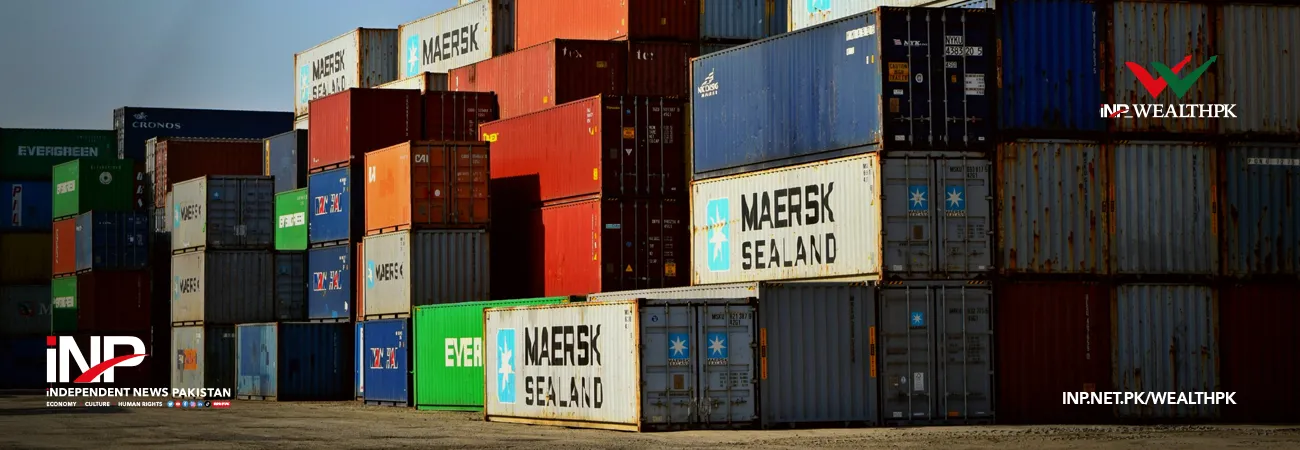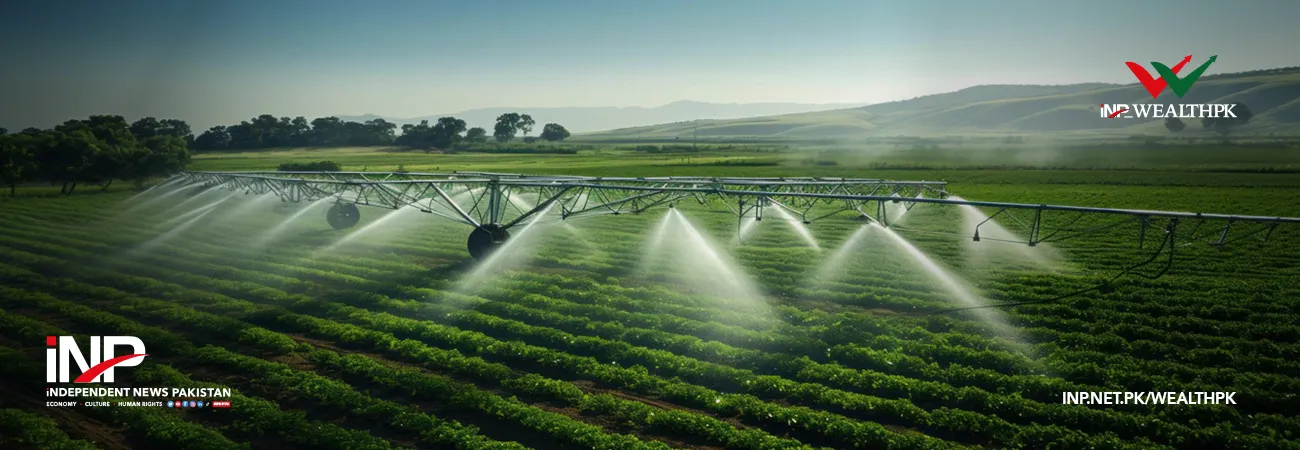آئی این پی ویلتھ پی کے
Moaaz Manzoor
Pakistan’s Rs725 billion tax shortfall, despite a 28% increase in revenue, signals structural flaws and over-reliance on indirect taxes, reports WealthPK.

The Federal Board of Revenue (FBR) recorded a year-on-year increase of 28% in tax collection during the first nine months of FY25, but it still falls short of the target by Rs725 billion — a gap underlining persistent structural inefficiencies in the taxation system. Tax collection stood at Rs8.44 trillion from July to March, yet the revenue shortfall grew by over Rs100 billion in March alone, even after delayed refunds and advance collections.
While the IMF has revised the annual target to Rs12.33 trillion, the unchanged 10.6% tax-to-GDP ratio continues to challenge the government’s fiscal roadmap. Speaking with WealthPK, Muhammad Mubasal, Economic Analyst at the Economic Policy & Business Development, noted, "While nominal collections may appear strong, the burden is being carried disproportionately by the salaried class and corporate sector — the segments that are already overtaxed and under-compensated.”
He emphasized that five priority interventions could realign the tax system without stifling growth: property market reform, agricultural income taxation, retail sector formalization, professional services oversight, and more innovative use of data-driven enforcement. “These measures would broaden the base rather than deepen the burden on the existing payers,” he said, adding that the government must step beyond cosmetic tweaks and confront entrenched interests benefiting from informality and under-taxation.
This sentiment is echoed by Dr. Ikramul Haq, a tax policy expert and adjunct faculty member at LUMS, who said Pakistan’s tax woes are systemic and long-standing. “Our fiscal mismanagement is deeply rooted in mindless borrowing and reckless spending, but failure to build an equitable, efficient, and technology-driven tax regime is equally culpable. Despite being the fifth-most populous nation, we have failed to tax sectors that dominate our economy, especially wholesale, retail, and agriculture,” he said.
Dr. Haq criticized the FBR’s reliance on indirect and withholding taxes, labeling them as regressive tools that disproportionately impact low-income groups while shielding high-income earners from scrutiny. “More than 70% of taxes collected under the income tax ordinance are, in essence, indirect,” he said, underscoring how such practices stifle growth, erode equity, and leave untapped trillions in potential revenue.
Pakistan’s persistent tax shortfall, despite record collection growth, reflects a skewed and outdated taxation structure. Experts warn that unless the government undertakes politically difficult yet economically essential reforms, the goal of closing the fiscal gap will remain elusive, leaving the country trapped in a cycle of revenue deficits and dependency.
Credit: INP-WealthPk











